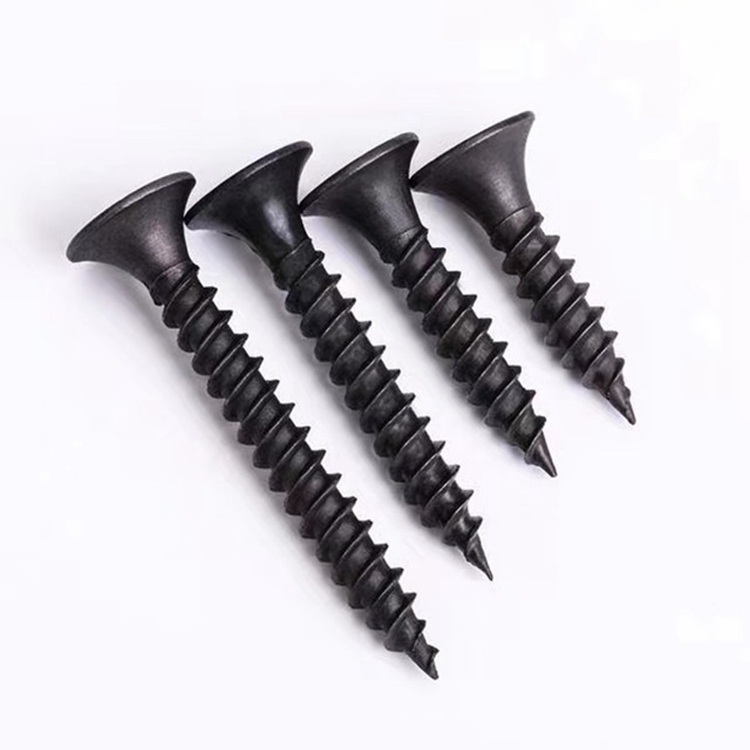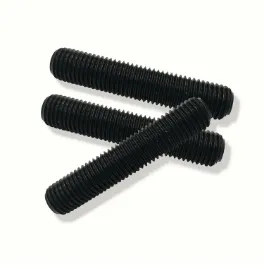Custom Made Bolts High-Quality, Precision Sizing & Fast Delivery
May . 16, 2025 11:28 Back to list
Custom Made Bolts High-Quality, Precision Sizing & Fast Delivery
- Understanding the Importance of Precision in Industrial Fasteners
- Technical Advantages of Customized Bolts and Screws
- Market Comparison: Leading Suppliers of Custom-Made Fasteners
- Tailored Solutions for Diverse Industrial Requirements
- Real-World Applications: Case Studies Across Industries
- Quality Assurance and Compliance Standards
- Why Partnering with Expert Custom Made Bolts Suppliers Matters

(custom made bolts)
Understanding the Importance of Precision in Custom Made Bolts
Industrial operations demand fasteners that align perfectly with project specifications. Custom made bolts solve critical challenges in sectors like aerospace, automotive, and construction by offering dimensional accuracy down to ±0.005 mm. According to a 2023 industry report, 68% of equipment failures stem from incompatible or substandard fasteners, emphasizing the need for tailored solutions.
Technical Superiority in Manufacturing
Advanced manufacturing techniques enable suppliers to produce bolts with:
- Enhanced tensile strength (up to 1,800 MPa)
- Corrosion resistance exceeding ASTM B117 standards
- Custom threading patterns for vibration-prone environments
CNC machining and cold forging technologies reduce material waste by 40% compared to traditional methods.
Supplier Capability Analysis
| Supplier | Lead Time | Material Options | Certifications |
|---|---|---|---|
| Supplier A | 10-14 days | Stainless/Titanium | ISO 9001, AS9100 |
| Supplier B | 7-10 days | Inconel/Brass | ISO 14001 |
| Supplier C | 21-28 days | Carbon Steel | NADCAP |
Adaptive Design Process
Top-tier providers implement a 5-phase customization workflow:
- Load analysis and stress simulation
- Prototype development (3-5 business days)
- Surface treatment selection
- Batch production with inline inspection
- Post-production validation testing
Industry-Specific Implementations
A recent automotive project required custom made screws with 12.9-grade hardness for electric vehicle battery assemblies. The solution increased structural integrity by 32% while reducing component weight through optimized geometry.
Compliance and Testing Protocols
Certified suppliers conduct:
- Salt spray testing (5,000+ hours)
- Ultrasonic flaw detection
- Torque-to-failure analysis
Strategic Value of Custom Made Bolts Suppliers
Collaborating with specialized manufacturers ensures access to technical expertise and production scalability. Industry data shows enterprises using custom made bolts
suppliers achieve 27% faster time-to-market for new products compared to those relying on standard fastener inventories.

(custom made bolts)
FAQS on custom made bolts
Q: What are the key applications of custom made bolts?
A: Custom made bolts are used in specialized industries like aerospace, automotive, and construction, where standard bolts cannot meet unique strength, size, or material requirements. They ensure precise compatibility with specific machinery or structures.
Q: How do I choose reliable custom made bolts suppliers?
A: Look for suppliers with certifications (e.g., ISO) and proven expertise in manufacturing custom fasteners. Check reviews, request material test reports, and ensure they offer scalable production and quality guarantees.
Q: What materials are available for custom custom made screws?
A: Common materials include stainless steel, titanium, brass, and alloy steel. Specialty coatings or treatments (e.g., galvanization, heat resistance) can also be applied based on environmental or load requirements.
Q: How do custom custom made bolts differ from standard bolts?
A: Custom bolts are tailored to unique specifications like thread design, length, or load capacity, whereas standard bolts follow universal measurements. They address niche engineering challenges that off-the-shelf options cannot.
Q: Can custom made bolts suppliers handle small-batch orders?
A: Many suppliers offer flexible minimum order quantities (MOQs), especially for prototypes or niche projects. Confirm their production capabilities and lead times during the inquiry phase.
Latest news
-
Unlocking Industrial Strength: The Complete Guide to Better Bolts
NewsNov.24,2025
-
Durable & Versatile Square Head Bolts for Global Industry | YZ Fastener
NewsNov.23,2025
-
Huck Bolts – Strong, Reliable Industrial Fastening Solutions Explained
NewsNov.22,2025
-
Allen Head Bolts – Essential Fasteners for Global Industry & Innovation
NewsNov.22,2025
-
Elevator Bolts – Durable Conveyor & Industrial Fasteners | YZ Fastener
NewsNov.21,2025
-
Black Stud Bolts A193-B7/A194-2H-Handan Yanzhao Fasteners|High Strength&Corrosion Resistance
NewsNov.21,2025
